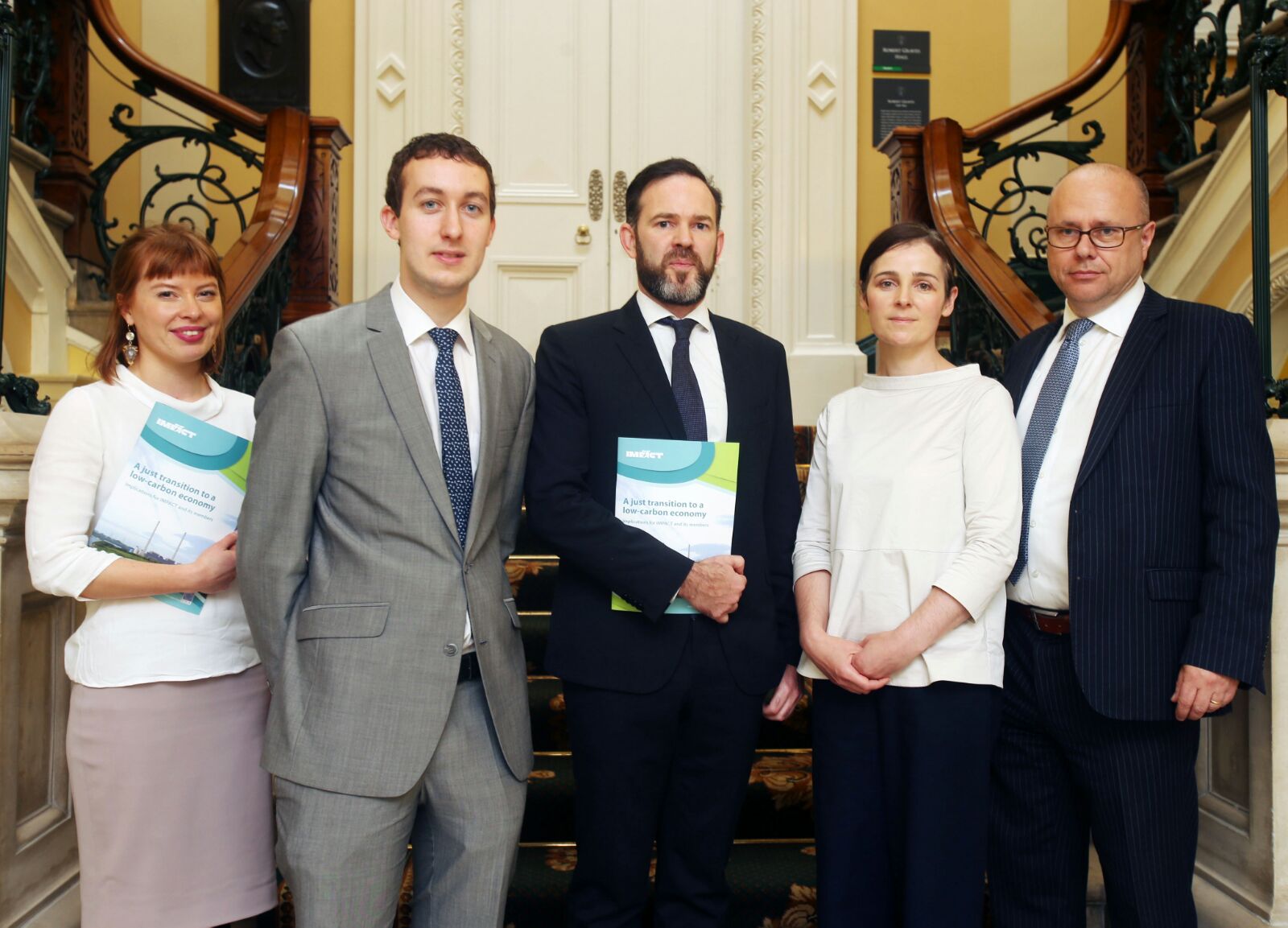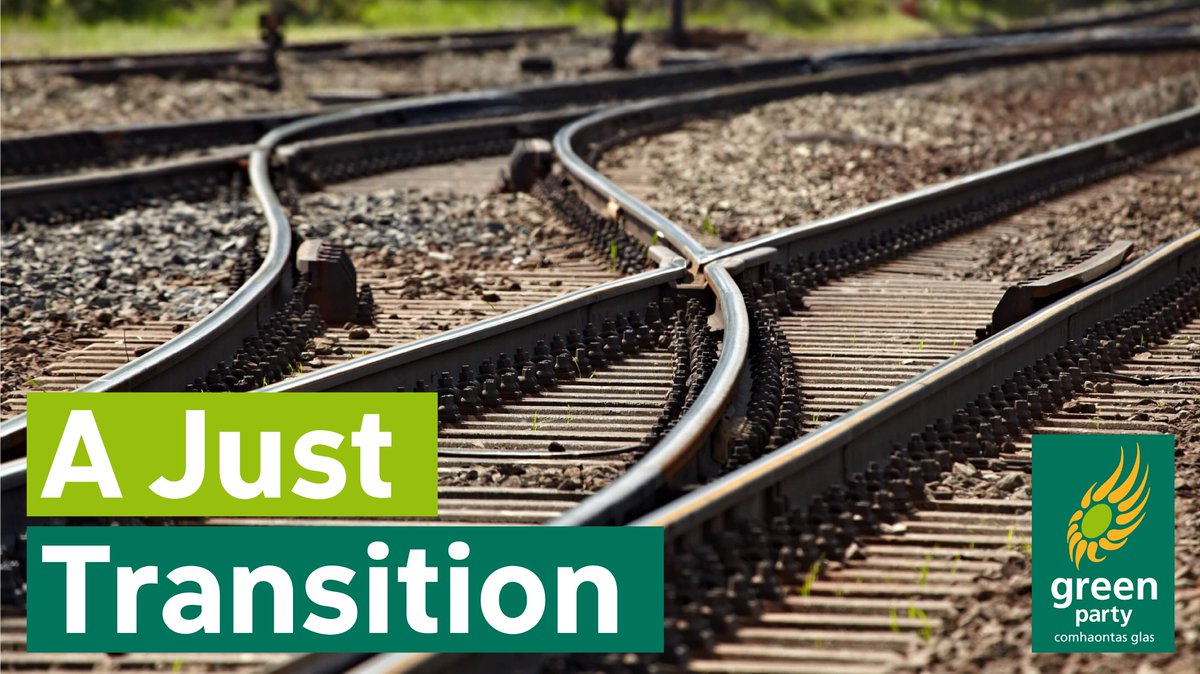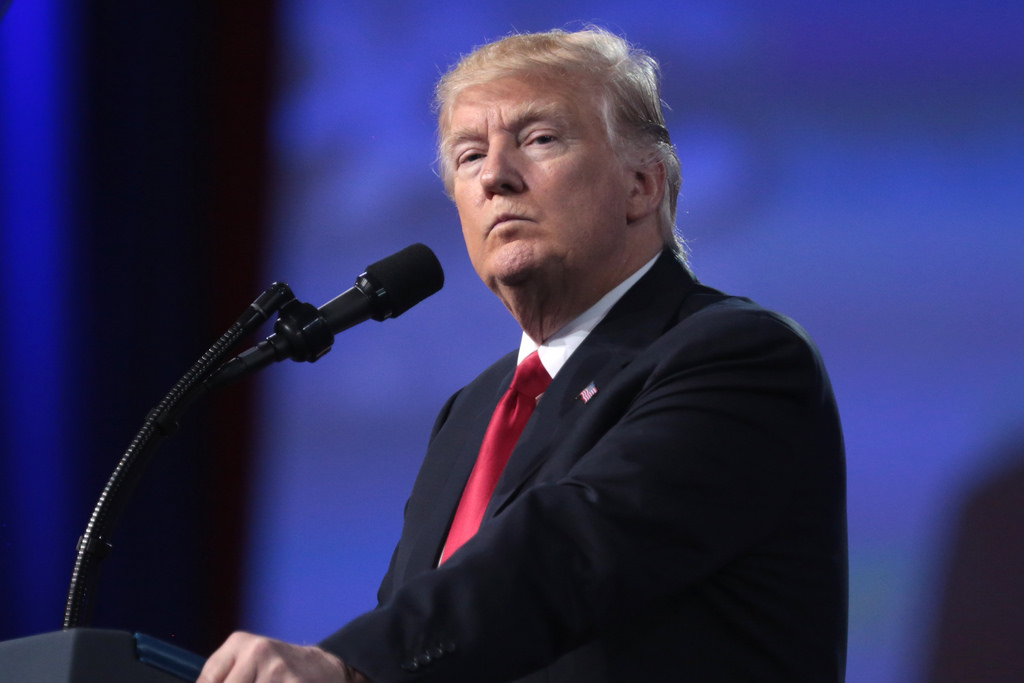EIB looks set to phase out fossil fuel support

August 1st, 2019
The European Investment Bank (EIB) has outlined plans to phase out its support of fossil fuel-dependent projects.
In its draft Energy Lending Policy, the Bank outlines a planned phase-out of support for projects that are “reliant” on fossil fuels by the end of 2020.
This includes projects linked directly to oil and gas production, infrastructure primarily dedicated to natural gas, and power or heat generation projects based on fossil fuels.
Phasing out support for fossil fuel projects, the document states, reflects a decision to refocus the Bank’s resources on investments to meet the EU’s climate targets up to 2050.
There are challenging “high investment needs”, the draft report states, in order to achieve a decarbonised Europe by mid-century. The report will be voted on in September.
The EIB has provided investment funds to the energy sector since its foundation in 1957. Over the last five years, it loaned between €12 and 14 billion to the energy sector per year, with projects for energy efficiency, renewable energy, and energy grids increasingly favoured.
The EIB’s latest decision, according to Colin Roche of Friends of the Earth Europe, is “a crack of light in the darkness”.
“The move by the EIB should be just the first in turning the ship around and going full steam ahead towards a fossil-free future based on 100 per cent renewable energy,” he told The Green News.
“With fires burning in the Arctic and temperature records being broken over and over again, [the EIB decision] cannot come too soon… It’s time stop this obvious craziness,” Mr Roche added.
In addition to moving away from fossil fuels, the draft report set to be voted on in September stresses the need to maximize energy efficiency and support “innovative technologies and new types of energy infrastructure”.
Such infrastructure includes different types of energy storage and new digital technologies which can “help to integrate high shares of renewables across different sectors of the economy”.
The draft document also proposes establishing an Energy Transition Package to assist “potentially vulnerable groups or regions” in such the energy transition.
Pressure has been mounting on the Irish Government to provide its own transition assistance to coal and peat communities. Just this week the Taoiseach was urged by environmental campaigners to establish a Just Transition Taskforce.
Last week, An Bord Pleanala refused permission for the ESB to convert its peat plant at Shannonbridge in Co Offaly to co-fire with biomass due to biodiversity and climate concerns.
The next day, SIPTU said that over a thousand peat-industry jobs could disappear over the next six months as a result.
Additionally, ESB announced this month its intention to lay off half of the Moneypoint power station workforce and the Lough Ree peat station in the Midlands was closed down indefinitely earlier this month following EPA compliance issues.
[x_author title=”About the Author”]







